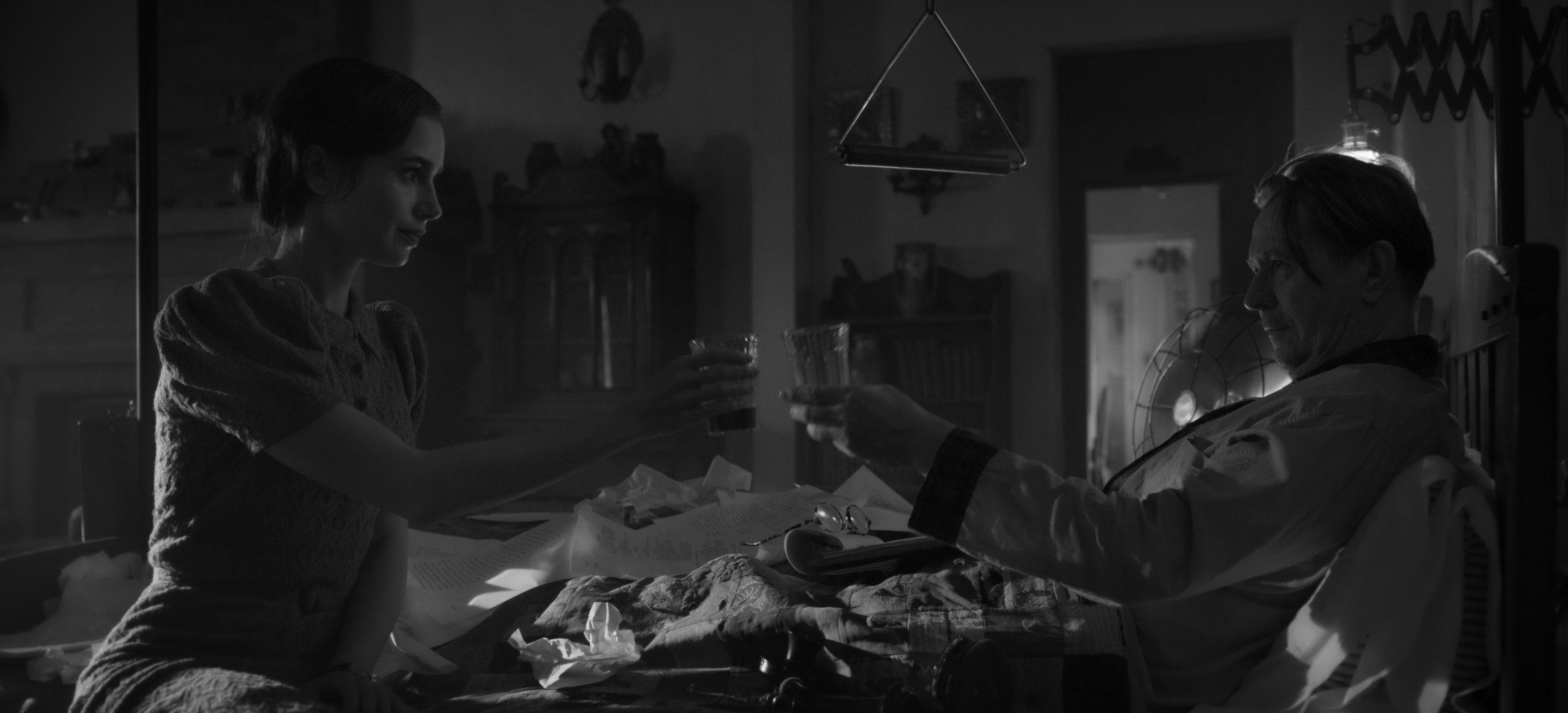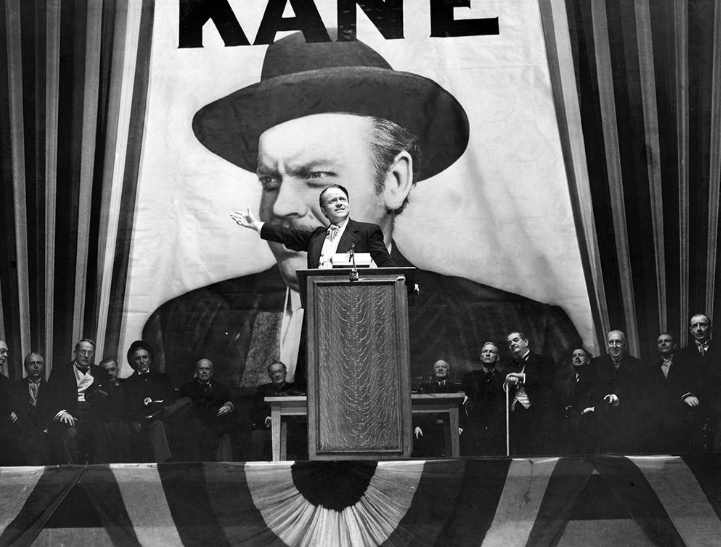The Marx Brothers Festival Marxfest returns in May in time to celebrate the centennial of their first Broadway hit, I’ll Say She Is. There will be activities over May 17-19 in Manhattan and May 24-26 in Coney Island. Tickets go on sale April 2.
The lineup of events was revealed this week for what is the nation’s biggest and most complete celebration of the Marx Brothers. It follows ten years after the 2014 Marxfest by the same organizers.
Participants include Tony and Emmy nominee Robert Klein, The New Yorker staff writer Adam Gopnik, Marx Brothers biographer Robert S. Bader, New York Times comedy columnist Jason Zinoman, performer and director Frank Ferrante, revivalist Noah Diamond, author of “The Marx Brothers Miscellany” Trav S.D., and Groucho’s grandson, Andy Marx.
“This edition of Marxfest features more than twenty events, headlined by Marx Brothers experts, celebrated authors and journalists, and showbiz legends,” Diamond said. “It’s been a hundred years since the Brothers made their Broadway debut, but their influence on the culture of New York City goes on and on.”
Trav S.D. opined, “The greatest convocation of dyed-in-the-wool Marx Brothers lovers since the Jazz Age — and with more bearded professors than Horse Feathers!”

Programming for May 17 includes “Out of Line: Al Hirschfeld Draws the Marxes & Friends” presented by Katherine Eastman the Al Hirschfeld Foundation archives manager, Adam Gopnik on the relationship between Groucho and S.J. Perelman, and “Unheard Marx Brothers” audio rarities by archivist John Tefteller. The Party of the First Part, which features music by Josh Max, will close out the opening day celebrations.
 On May 18, events will include “Saturday Morning Cartoons,” an animated look at the Marxes; Trav S.D.’s salon “The Marx Bros: Vaudeville, Silent Film & Broadway;” “You Brett Your Life, a Marx trivia hour hosted by Brett Leveridge;” The Marx Brothers on Broadway Walking Tour with Noah Diamond; and “The Herring Barrel Revue” cabaret.
On May 18, events will include “Saturday Morning Cartoons,” an animated look at the Marxes; Trav S.D.’s salon “The Marx Bros: Vaudeville, Silent Film & Broadway;” “You Brett Your Life, a Marx trivia hour hosted by Brett Leveridge;” The Marx Brothers on Broadway Walking Tour with Noah Diamond; and “The Herring Barrel Revue” cabaret.
 May 19 programming includes Robert Bader’s overview of the Marx Brother’s 1914-15 tour in “Home Again;” a conversation between Jason Zinoman and Robert Klein; a look at I’ll Say She Is with Noah Diamond; and a screening of the 1933 film Duck Soup followed by a talk with Adam Gopnik and Noah Diamond at the landmark United Palace Theatre in Washington Heights.
May 19 programming includes Robert Bader’s overview of the Marx Brother’s 1914-15 tour in “Home Again;” a conversation between Jason Zinoman and Robert Klein; a look at I’ll Say She Is with Noah Diamond; and a screening of the 1933 film Duck Soup followed by a talk with Adam Gopnik and Noah Diamond at the landmark United Palace Theatre in Washington Heights.
On May 20, Vince Giordano & The Nighthawks will present “A Night of Marx Brothers Era Music” at Birdland.
 From May 24-26, the festival will continue programming on Coney Island. Events will include “An Evening with Marx & Ferrante” (Andy Marx and Frank Ferrante); a burlesque tribute to the Marx Brothers by Jonny Porkpie titled “A Day on the Boardwalk, A Night at the Stripshow;” Robert Farr’s “The Wisecracks Around Here Were Not Appreciated” at the Coney Island Museum; astrologer Kathy Biehl’s “Marxes in the Stars: The Astrology of The Brothers & Their Mother;” Trav S.D.’s “The Marx Brothers, Coney Island, and Sideshow;” a celebration of Harpo Marx’s artistry, and more.
From May 24-26, the festival will continue programming on Coney Island. Events will include “An Evening with Marx & Ferrante” (Andy Marx and Frank Ferrante); a burlesque tribute to the Marx Brothers by Jonny Porkpie titled “A Day on the Boardwalk, A Night at the Stripshow;” Robert Farr’s “The Wisecracks Around Here Were Not Appreciated” at the Coney Island Museum; astrologer Kathy Biehl’s “Marxes in the Stars: The Astrology of The Brothers & Their Mother;” Trav S.D.’s “The Marx Brothers, Coney Island, and Sideshow;” a celebration of Harpo Marx’s artistry, and more.
Visit Marxfest.org for more information or to purchase tickets, which go on sale April 2.








